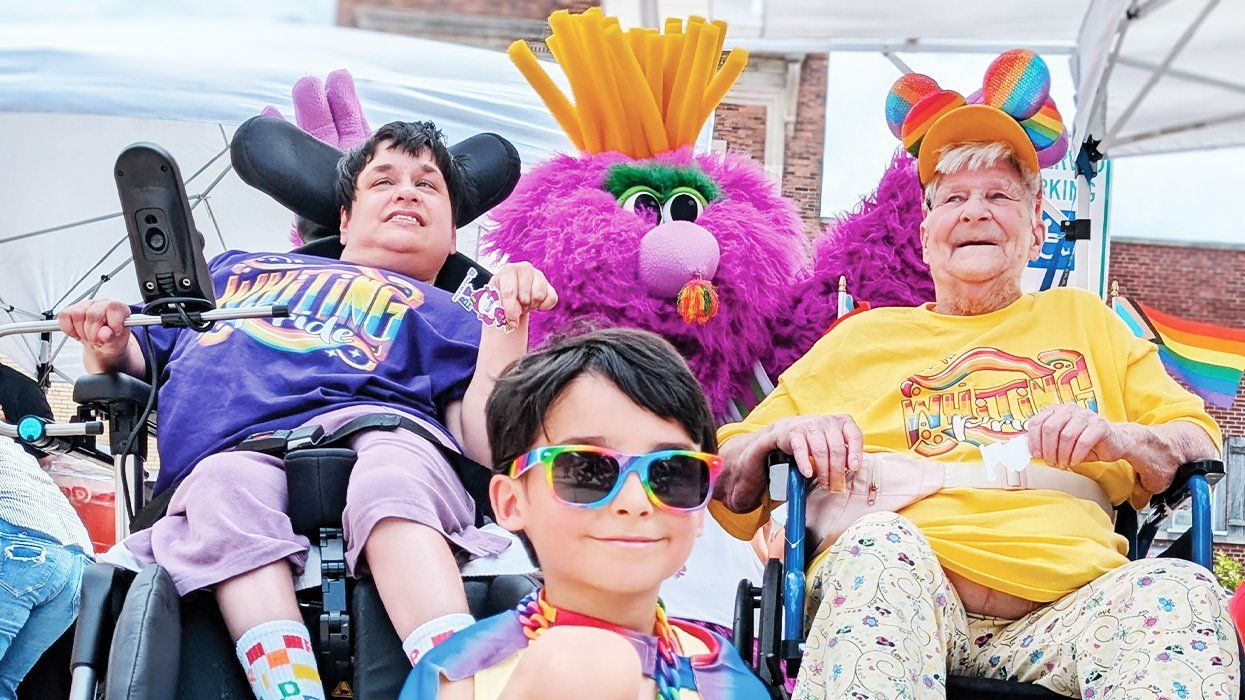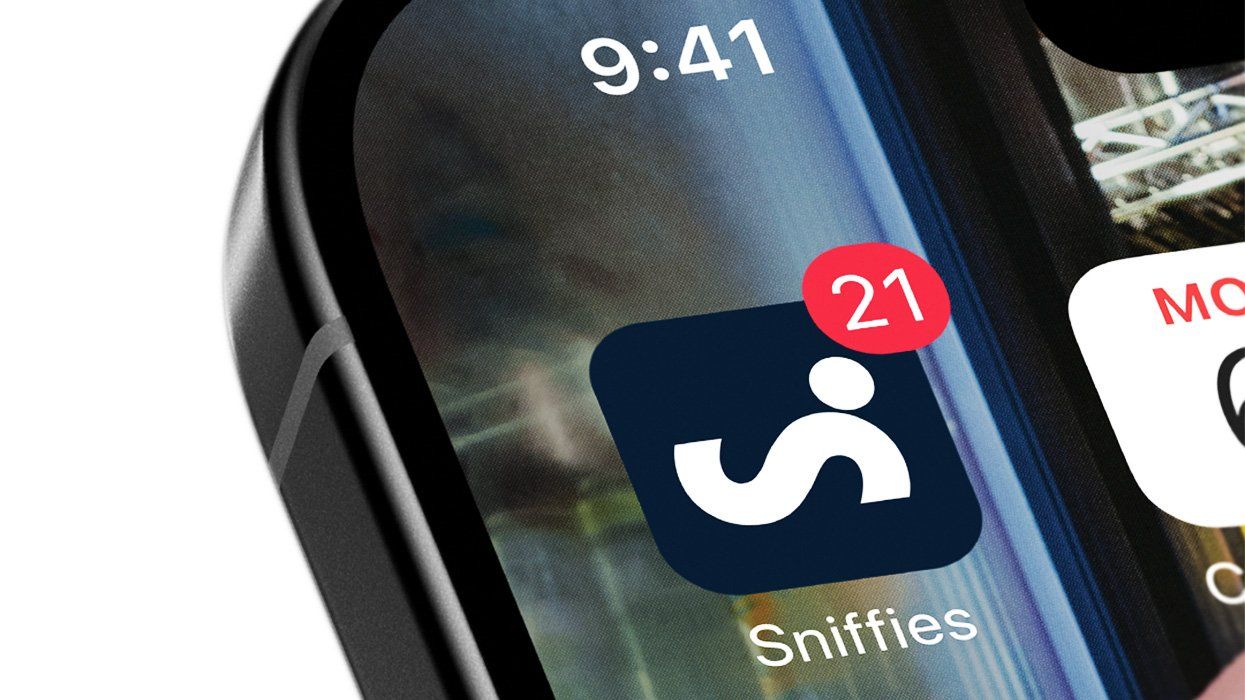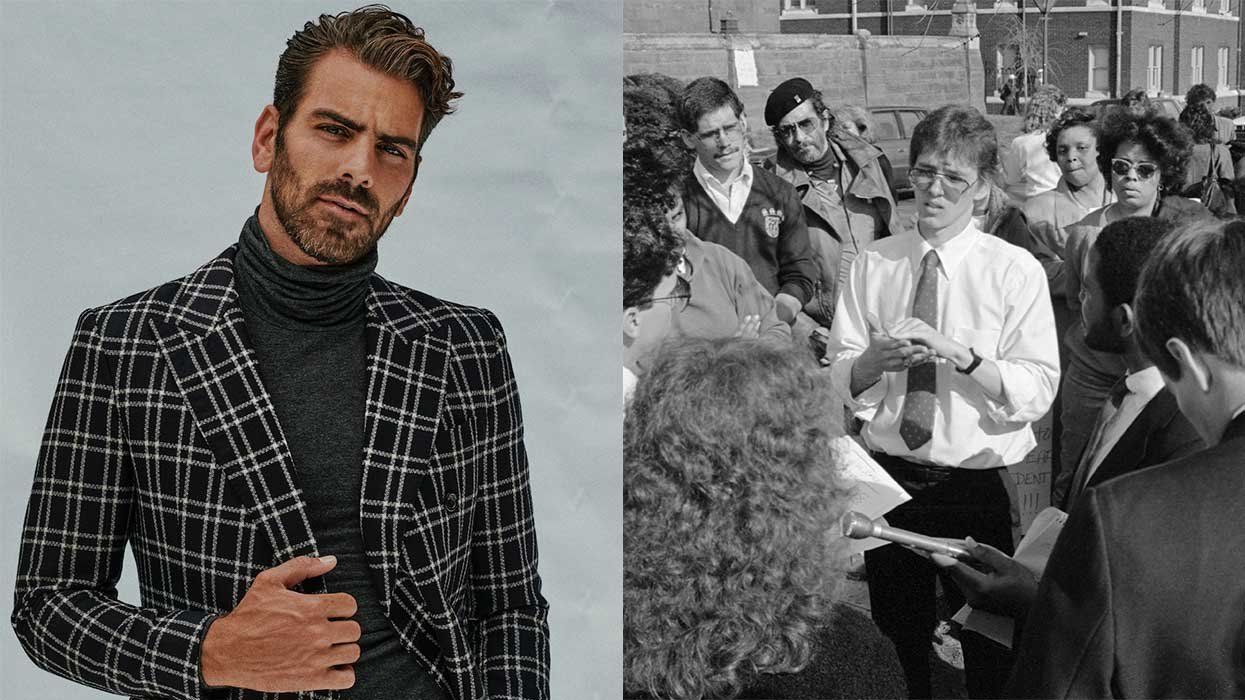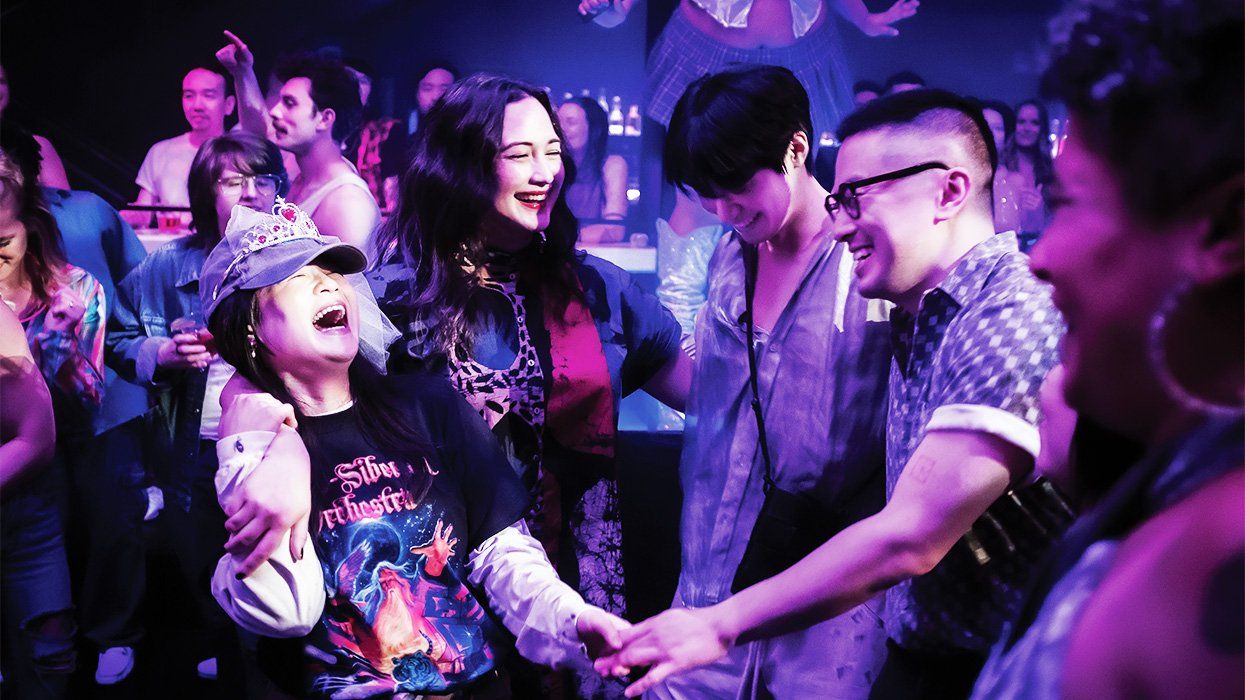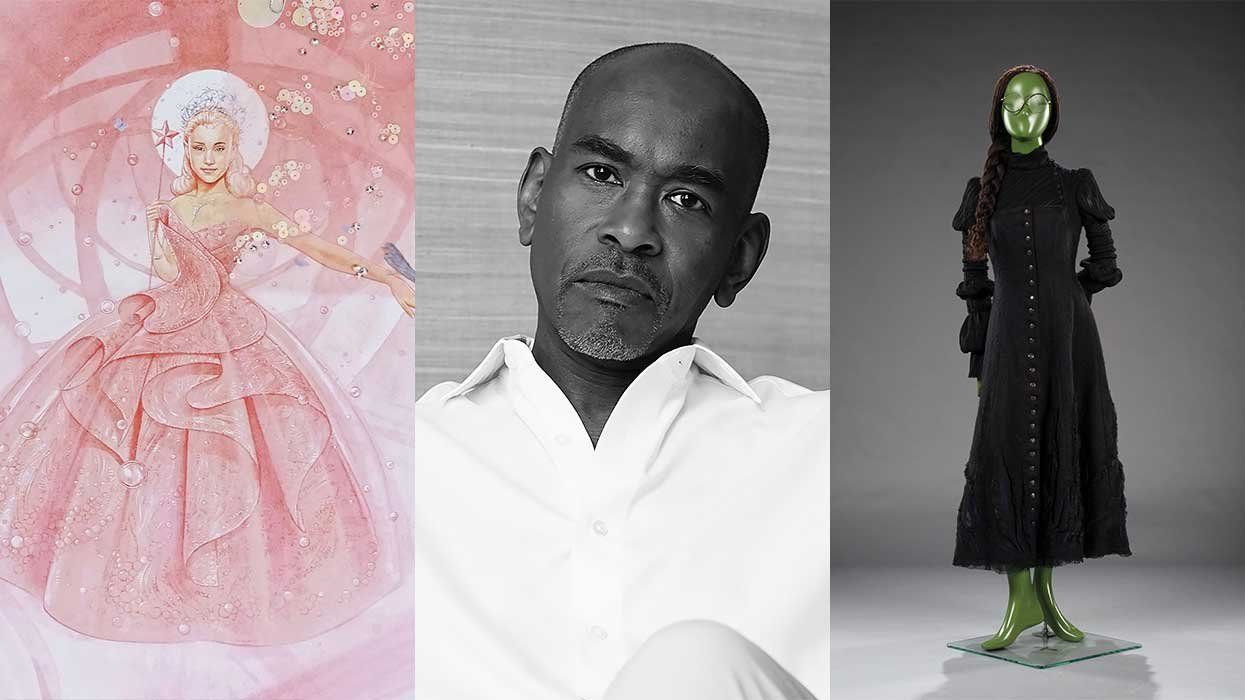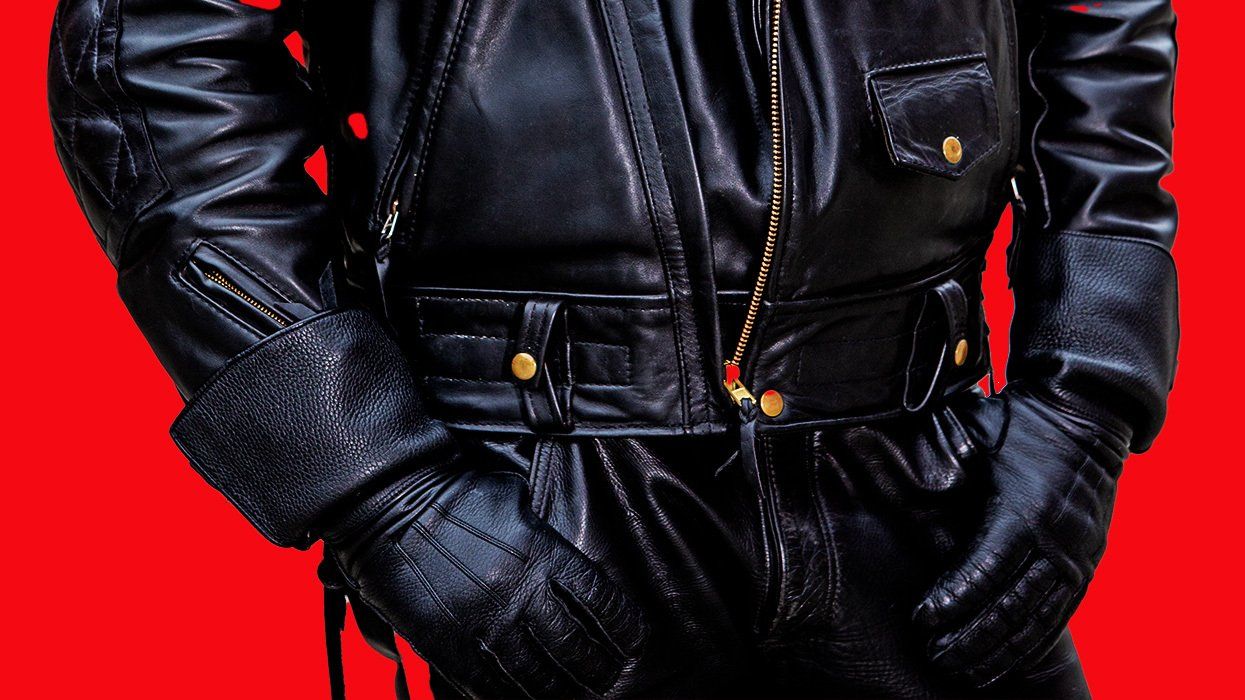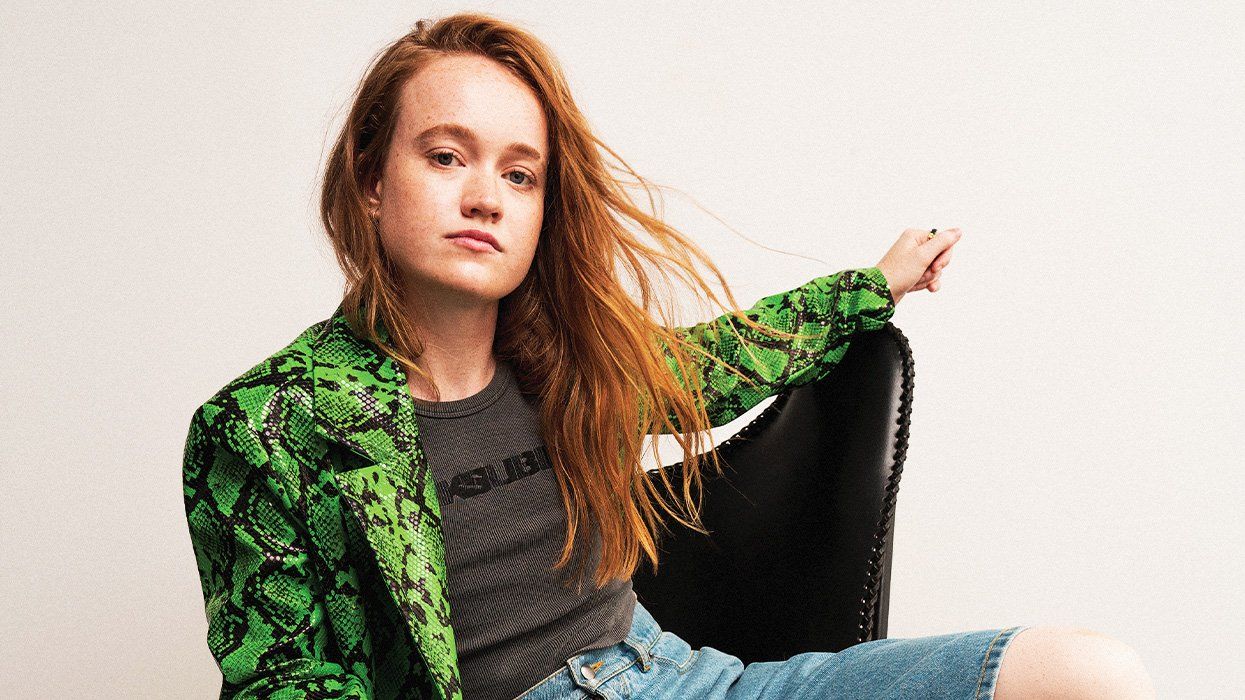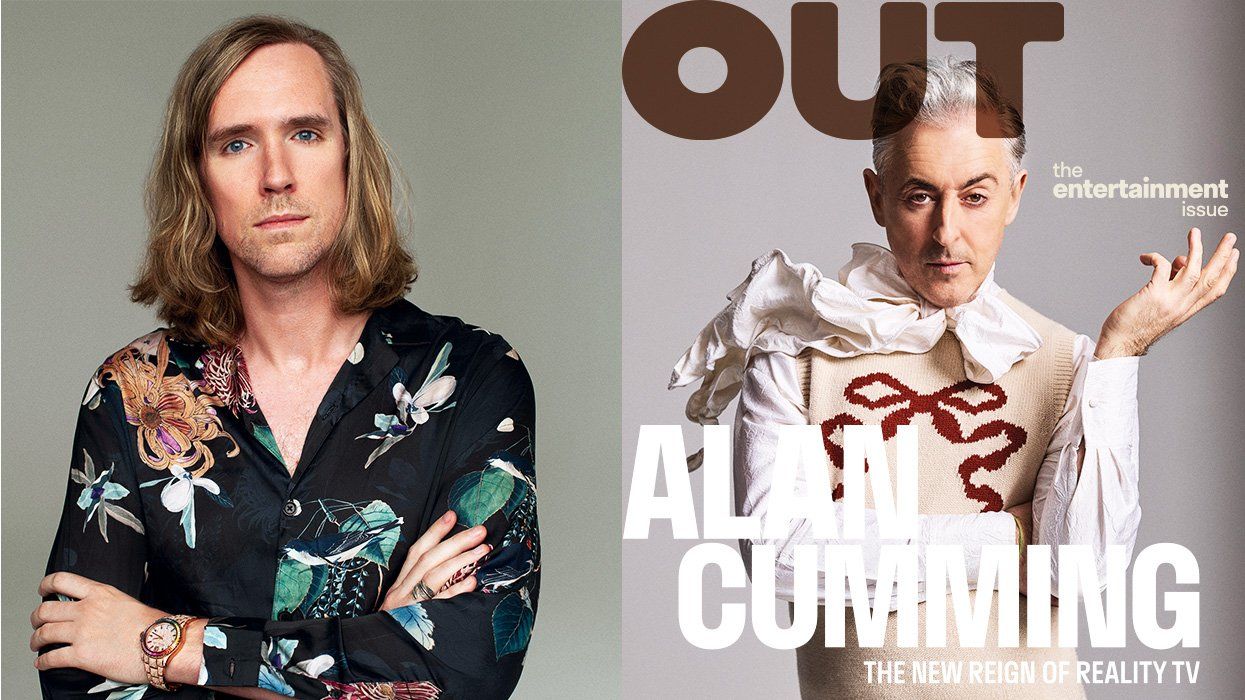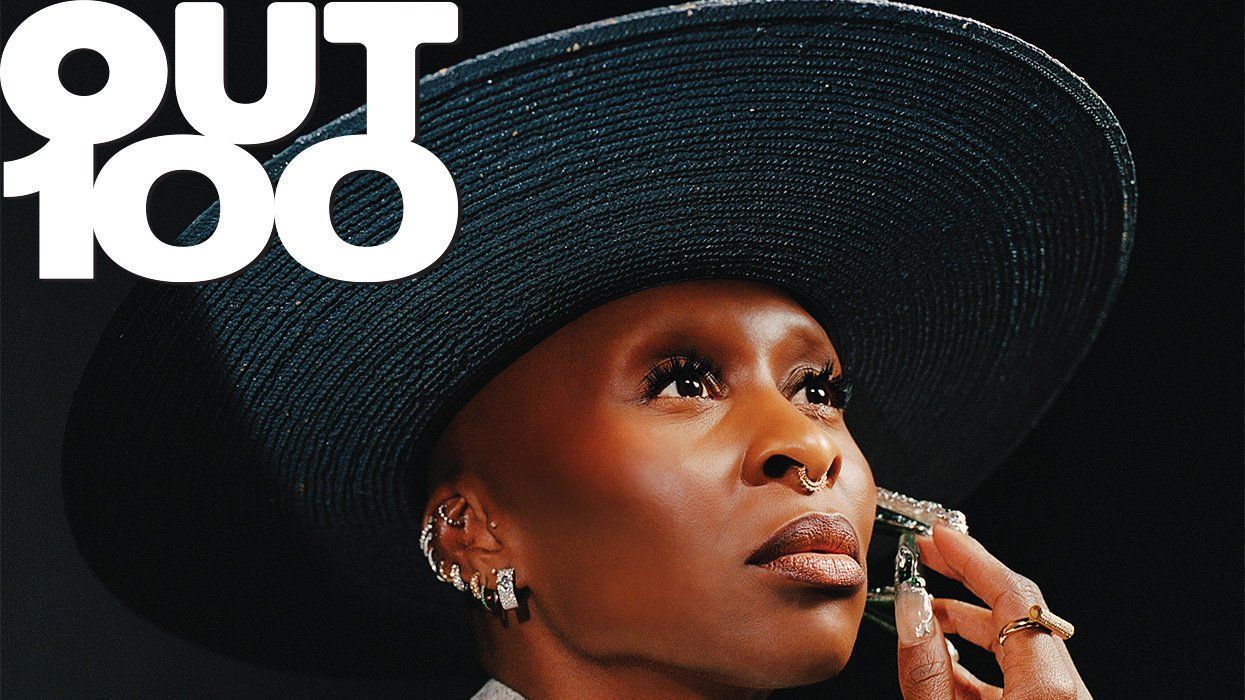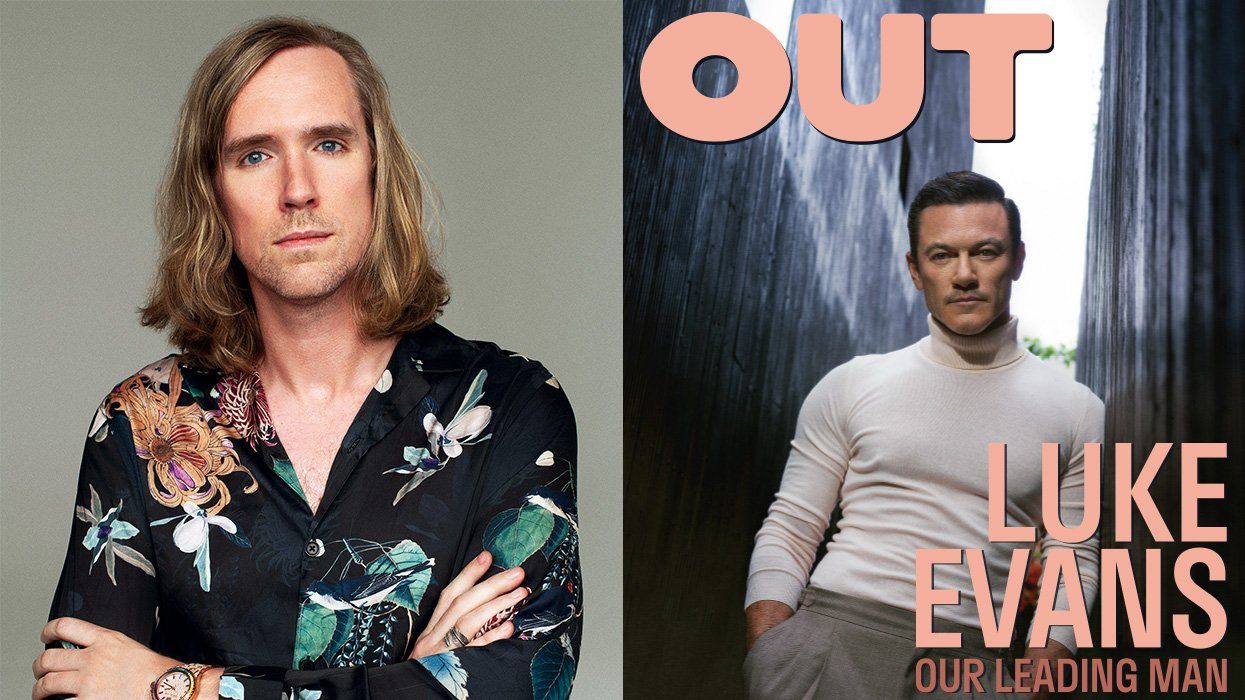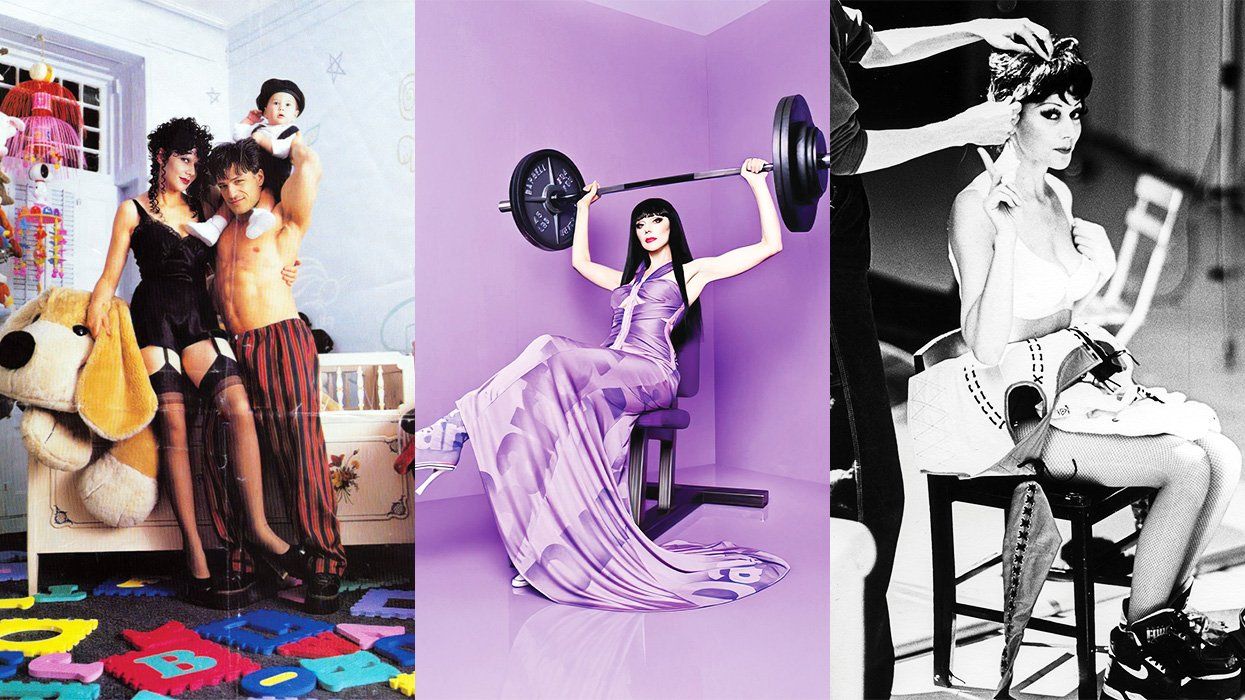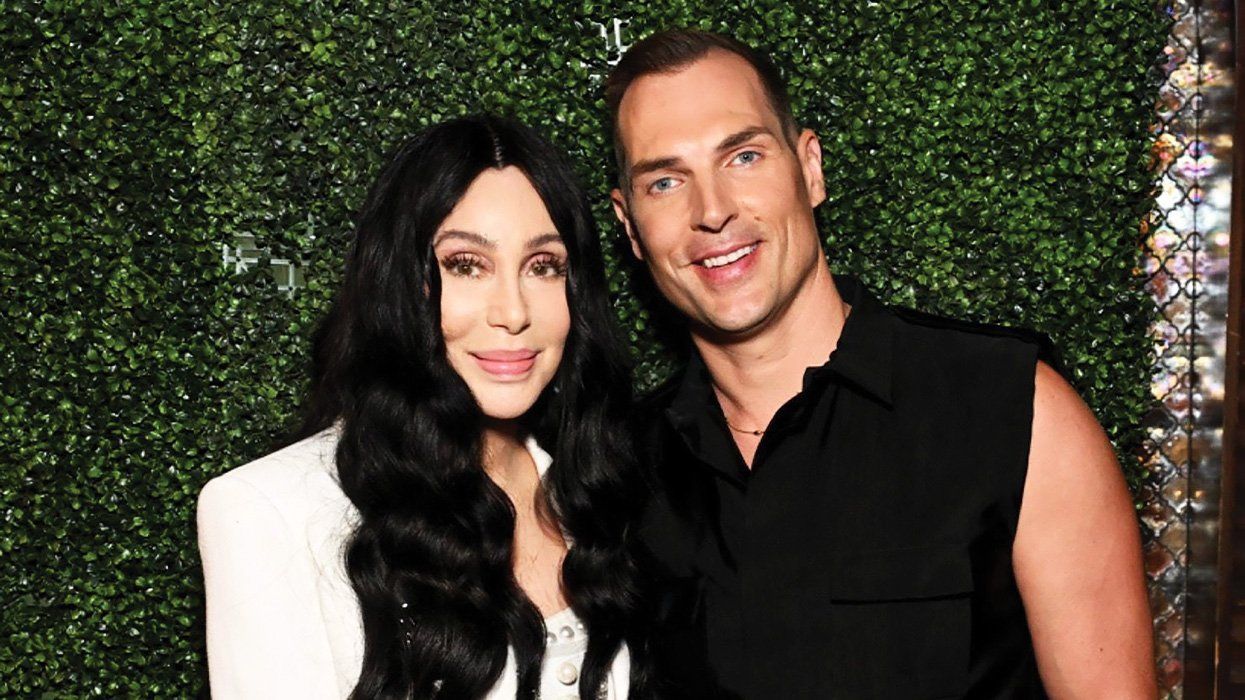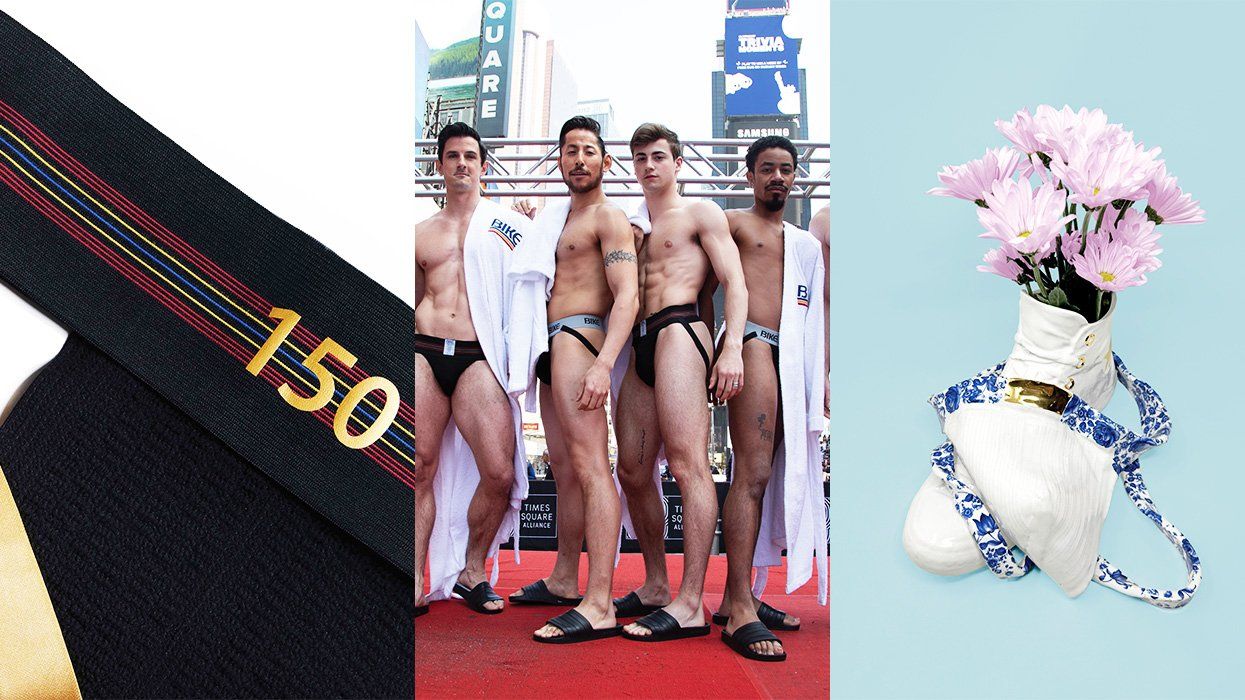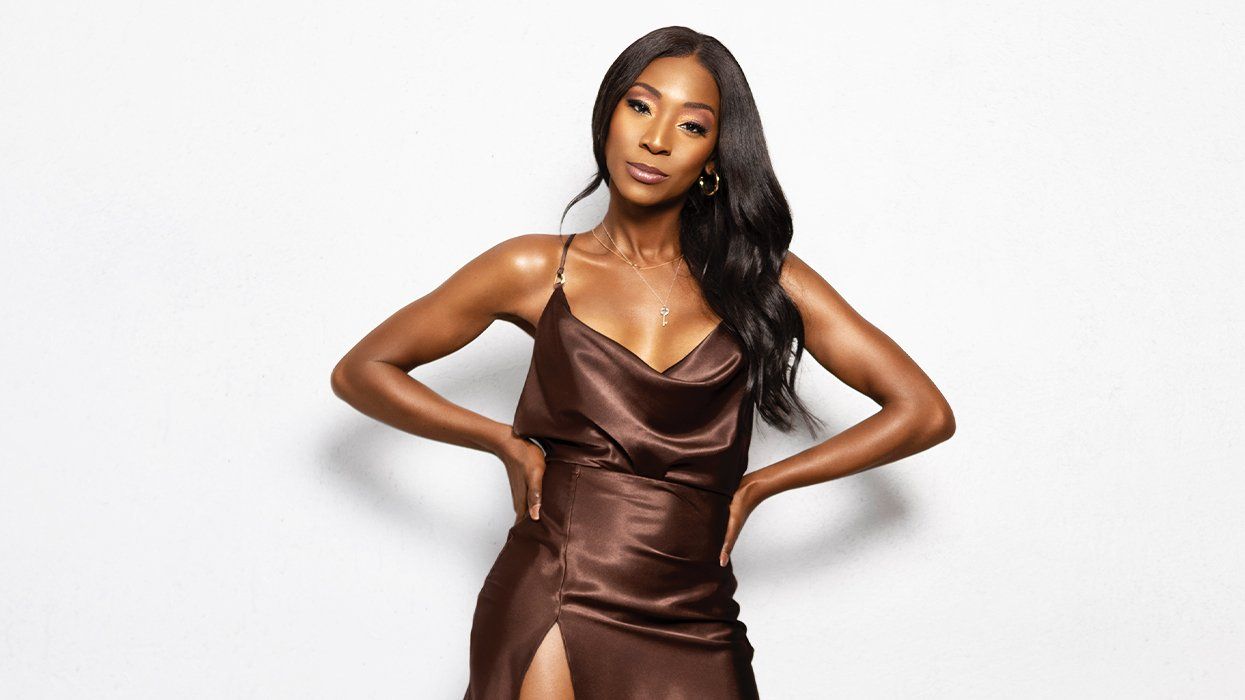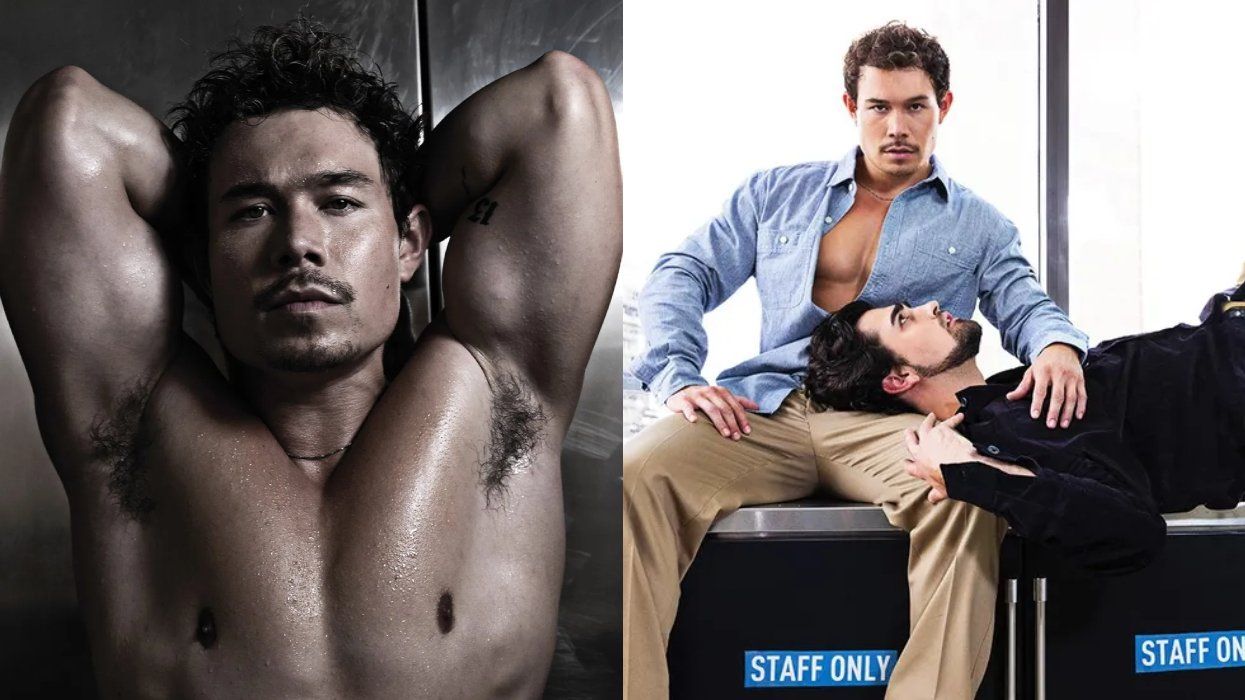Lilly Singh (right)
Lilly Singh spent nine years building a YouTube empire as the vlogger ||Superwoman|| -- and, with over 3 billion views and 14 million subscribers, she has proven time and time again that she has no trouble connecting with a younger audience.
But when news broke that Singh would be fronting her late-night talk show, replacing Last Call with Carson Daly, she was widely seen as proof that social media creators can have immense crossover appeal. "It's absurd that there are only a certain amount of stories that are considered relatable or acceptable. That defeats the purpose," Singh says of the obstacles pervasive in the traditional entertainment industry. She doesn't believe that the division between digital and traditional media exists anymore. In the past, this perceived divide between the two has been used, more or less, to exclude marginalized voices and claim that their stories don't really count in the same way as those featured on, say, a network late-night talk show.
So now on A Little Late with Lilly Singh, the host is playing by her own rules. Using her signature comedy chops, immense relatability, and slang, Singh eschews norms typically seen on the format. She's rewriting the rules determining which stories are valuable.
"I hope people see me and say 'Oh my God! She's so herself! So weird and so quirky and she's not changing just because she's on TV!'" Singh exclaims. "I think there's nothing more powerful than someone being inspired to be who they actually are."
Carlos Maza (left)
Carlos Maza wants to remind us that YouTube is not our friend. The Vox video producer co-hosted the show Strikethrough with Coleman Lowndes, which sought to "explore the challenges facing the news media in the age of Trump." When he joined YouTube, Maza knew speaking his opinion on the video platform would come with some blowback -- but over the past several years, he's endured near-constant verbal abuse, doxxing, and a racist and homophobic harassment campaign (that included selling epithet-laden t-shirts) launched by far-right YouTuber Steven Crowder.
After the harassment reached its climax and Maza brought to light YouTube's inadequate policies and procedures, the platform conducted an investigation and found that while Crowder's content was offensive, it didn't violate its policies. The platform later amended its ruling and decided that Crowder wouldn't be able to have links selling homohobic shirts on his account -- but that was the extent of the support.
Undeterred, Maza believes something can be done to make digital spaces safer for marginalized communities. He's urging LGBTQ+ YouTube users and creators "to publicly criticize YouTube and document the ways in which it's normalizing hate speech." But, he says, the most important thing is to support a YouTube Union. "Individual creators have very little power to pressure the company to change. But if they band together and withhold their work, YouTube will have a much harder time ignoring pressure to better moderate the platform."
This piece was originally published in this year's Out100 issue, out on newstands 12/10. To get your own copy directly, support queer media and subscribe -- or download yours for Amazon, Kindle, or Nook beginning 11/21.








